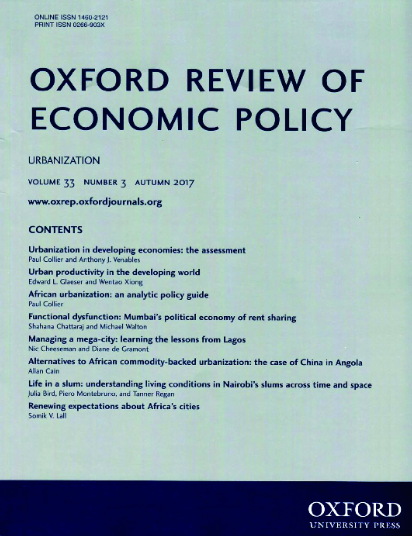European monetary regimes after the fall of Bretton Woods: a political economy approach
IF 1.8
2区 经济学
Q2 ECONOMICS
引用次数: 1
Abstract
After the fall of the Bretton Woods system, the EU initiated an original path towards monetary integration which led to the establishment of the European monetary system (EMS) in the 1980s and the economic monetary union (EMU) in the 1990s. This path was an alternative to the floating exchange rate regime which many other countries decided to follow. Adopting a political economy approach, in this paper we reconstruct the main phases of this process, from the 1970s up until today, arguing that they cannot be explained only in terms of costs and benefits of alternative exchange rate configuration, but should consider political as well as economic factors—both domestic and international ones—and the interaction between European monetary and real integration. Ultimately, the predominance of political factors led to an underestimation of the economic difficulties generated by the coexistence of irrevocable exchange rates and full capital mobility. We suggest that new policy instruments and institutional changes are needed to make the common currency workable in the long run. The mandatory path should be towards a more deeply integrated Europe. Such integration is essential to enable the European monetary union to confront with future challenges.布雷顿森林体系崩溃后的欧洲货币制度:一种政治经济学方法
布雷顿森林体系垮台后,欧盟开启了一条通往货币一体化的原始道路,导致了20世纪80年代欧洲货币体系(EMS)和90年代经济货币联盟(EMU)的建立。这条道路是许多其他国家决定采用的浮动汇率制度的替代方案。在本文中,我们采用政治经济学的方法,重建了从20世纪70年代到今天这一过程的主要阶段,认为不能仅从替代汇率配置的成本和收益来解释这些阶段,但应该考虑政治和经济因素——包括国内和国际因素——以及欧洲货币与实际一体化之间的相互作用。最终,政治因素占主导地位,导致低估了不可撤销的汇率和资本充分流动并存所产生的经济困难。我们建议,需要新的政策工具和体制改革,使共同货币从长远来看可行。强制性的道路应该是建立一个更加一体化的欧洲。这种一体化对于欧洲货币联盟应对未来挑战至关重要。
本文章由计算机程序翻译,如有差异,请以英文原文为准。
求助全文
约1分钟内获得全文
求助全文
来源期刊

Oxford Review of Economic Policy
ECONOMICS-
CiteScore
12.50
自引率
1.50%
发文量
41
期刊介绍:
The Oxford Review of Economic Policy is a refereed journal which is published quarterly. Each issue concentrates on a current theme in economic policy, with a balance between macro- and microeconomics, and comprises an assessment and a number of articles. It gives a valuable appraisal of economic policies worldwide. While the analysis is challenging and at the forefront of current thinking, articles are presented in non-technical language to make them readily accessible to all readers. The Oxford Review is aimed at a wide audience including government, business and policy-makers, as well as academics and students. It is required reading for those who need to know where research is leading.
 求助内容:
求助内容: 应助结果提醒方式:
应助结果提醒方式:


